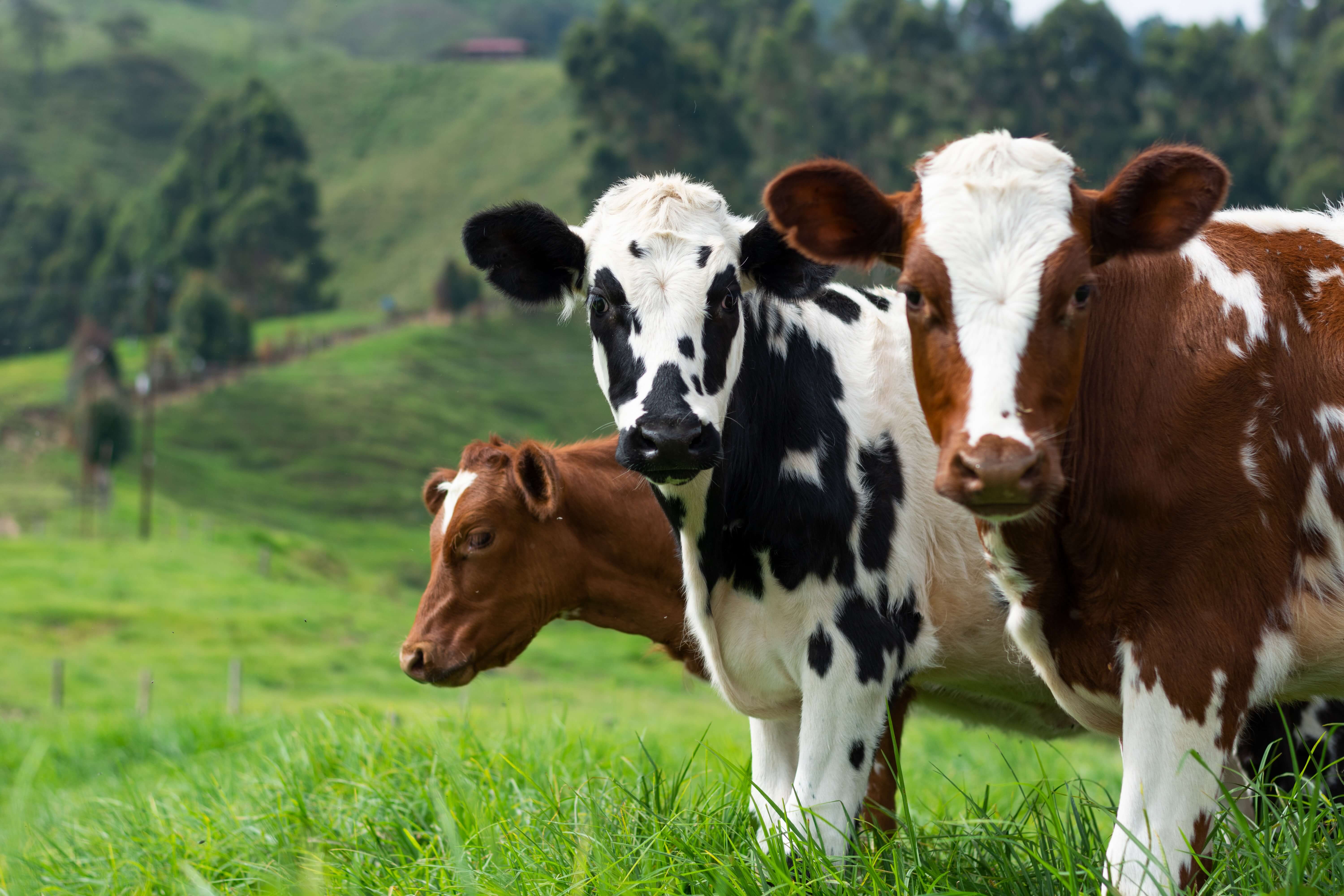The French Court of Audit recently recommended significantly reducing the country's cattle herds, a proposal that has stirred dialogue among various stakeholders in the agriculture sector. The report suggests this as a strategic approach towards more sustainable and economically efficient agricultural practices. While bearing potential benefits, this recommendation raises questions regarding its implications for farmers, consumers, and France's food sovereignty.
According to the court's report, the French cattle farming sector, primarily supported by public funds, struggles with economic viability. Despite France being the European Union's premier beef producer, the sector lacks profitability. Therefore, the Court recommends decreasing cattle herds to limit public expenditure, reduce environmental impact, and potentially boost the sector's profitability.
This proposition aligns with ongoing global discussions about the environmental footprint of livestock farming. Cattle farming is known for its significant greenhouse gas emissions, primarily due to methane produced by ruminants. Thus, reducing cattle herds might contribute to France's commitment to lowering carbon emissions and combating climate change.
On the economic front, the Court argues that smaller cattle herds could lead to improved profitability. In addition, by focusing on quality over quantity, French beef could garner higher prices and strengthen its local and global reputation.
However, the proposed reduction in cattle herds raises several critical questions. The most significant concern lies with the farmers. A drastic reduction of cattle herds could result in job losses, decreased incomes, and increased uncertainty for farmers, particularly those for whom cattle farming constitutes their primary livelihood.
Moreover, the proposal may also impact France's food sovereignty. As Europe's leading beef producer, France is vital in securing the region's food supply. Any substantial reduction in cattle herds could require increased reliance on beef imports, posing a potential risk to France's food security and sovereignty.
Lastly, while a shift towards high-quality, high-cost beef may appeal to a particular market segment, this could also raise concerns about accessibility and affordability for the average consumer. In addition, a significant increase in beef prices may burden households with limited budgets.
In conclusion, while the French Court of Audit's recommendation to reduce cattle herds reflects broader trends toward sustainable and efficient farming practices, the potential economic, social, and food sovereignty implications necessitate a thorough examination and balanced approach. As France and the rest of the world grapple with the urgent need for sustainability and climate change mitigation, it becomes increasingly important to find strategies to address these concerns while supporting those who depend on traditional agricultural practices for their livelihoods.
Photo by Daniel Quiceno M on Unsplash


